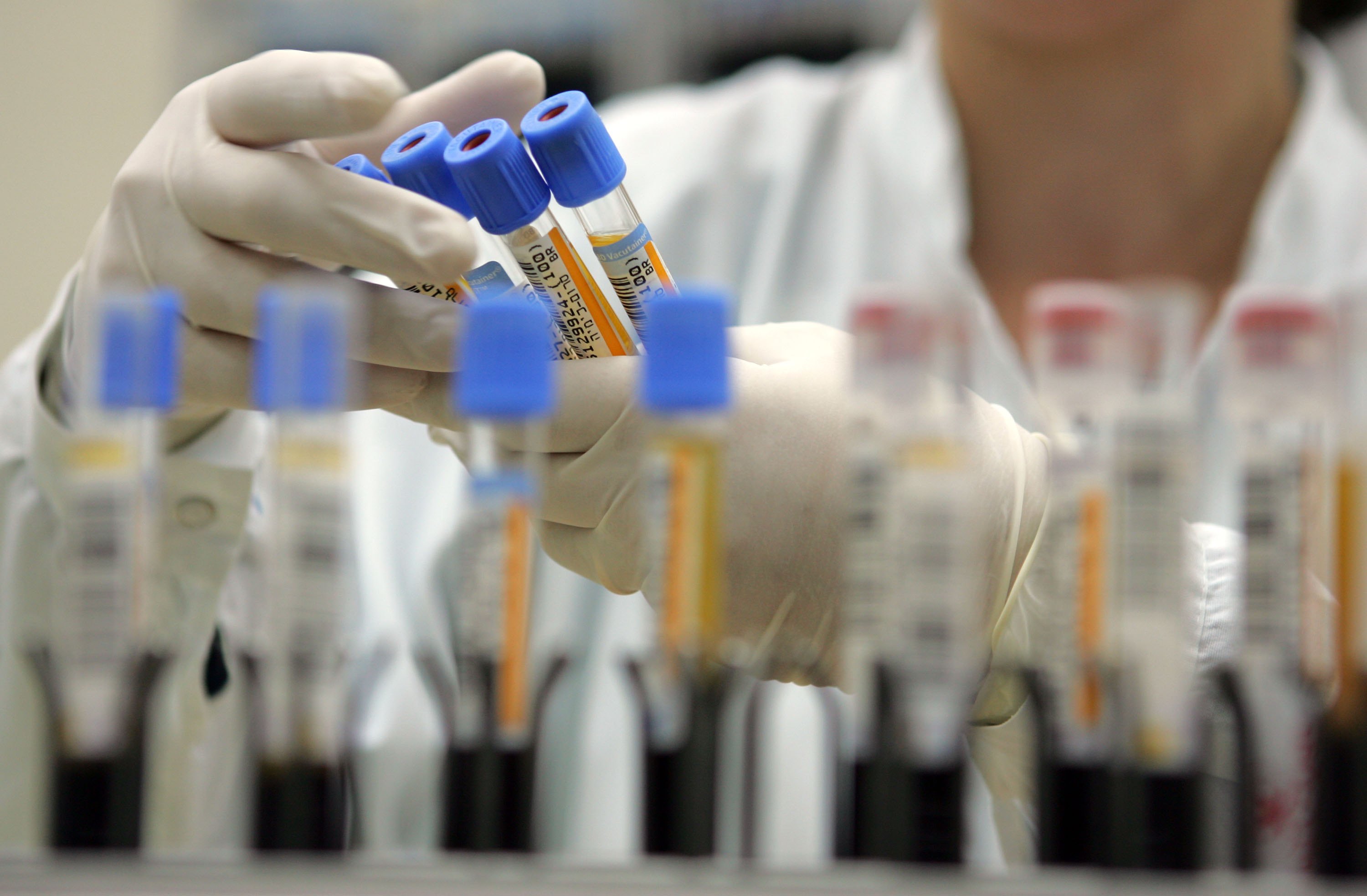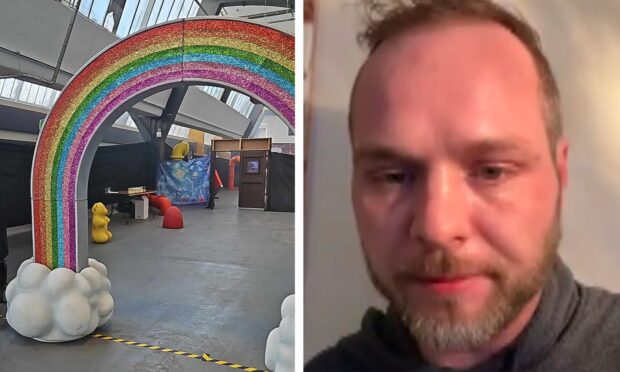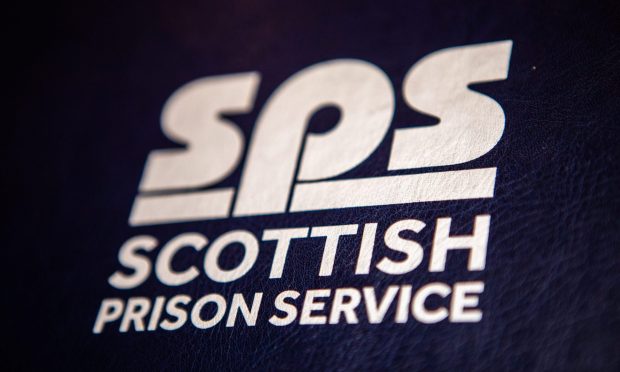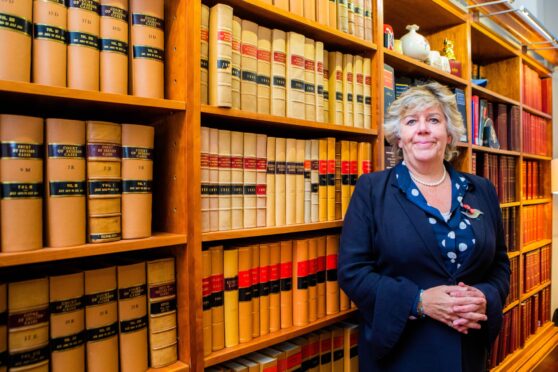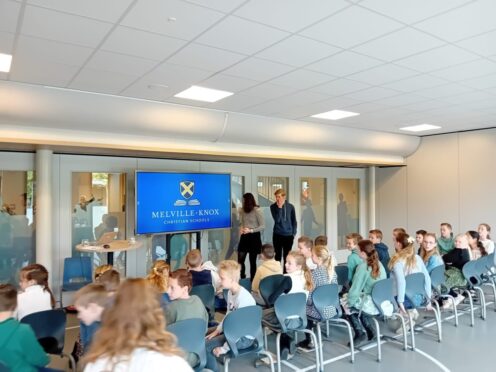European Union (EU) research funding generated more than 2,000 jobs and £214 million for the Scottish economy in 2014/15, according to analysis by Universities UK.
The body said it used the latest available data to assess the impact of EU research funding to universities as well as the knock-on impact on jobs and growth in the wider economy.
It said that across the UK, universities attracted more than £836 million in research grants and contracts from EU sources.
Universities in Glasgow alone received £25.1 million of research funding, according to the body whose membership is made up of the executive heads of UK universities.
Inside the university sector, it said EU funding supported 996 direct jobs in Scotland and £94.1 million in economic output.
In industries outside the sector, including manufacturing and wholesale and retail trade, EU funding generated more than 1,015 full-time-equivalent jobs and £104.2 million of output.
Universities UK president Dame Julia Goodfellow said: “EU research funding helps our universities to thrive, enabling UK researchers to collaborate with the best minds from across the EU in order to tackle global problems, from cancer to climate change.
“What is clear from this new analysis is that this EU funding also benefits the UK economy, boosting growth and creating jobs both directly and indirectly in a range of sectors in all corners of the UK.
“EU support goes far beyond money. It also provides irreplaceable networks and frameworks which enable our researchers to have a genuine impact on society by pursuing breakthroughs, discoveries and inventions which improve our lives.”
The body highlighted Strathclyde University’s Stardust project which involves researchers from Spain, Italy, Germany, France and the Netherlands.
The team is working on identifying ways to manage and prevent damage to the planet, satellites and navigation systems from space debris.
